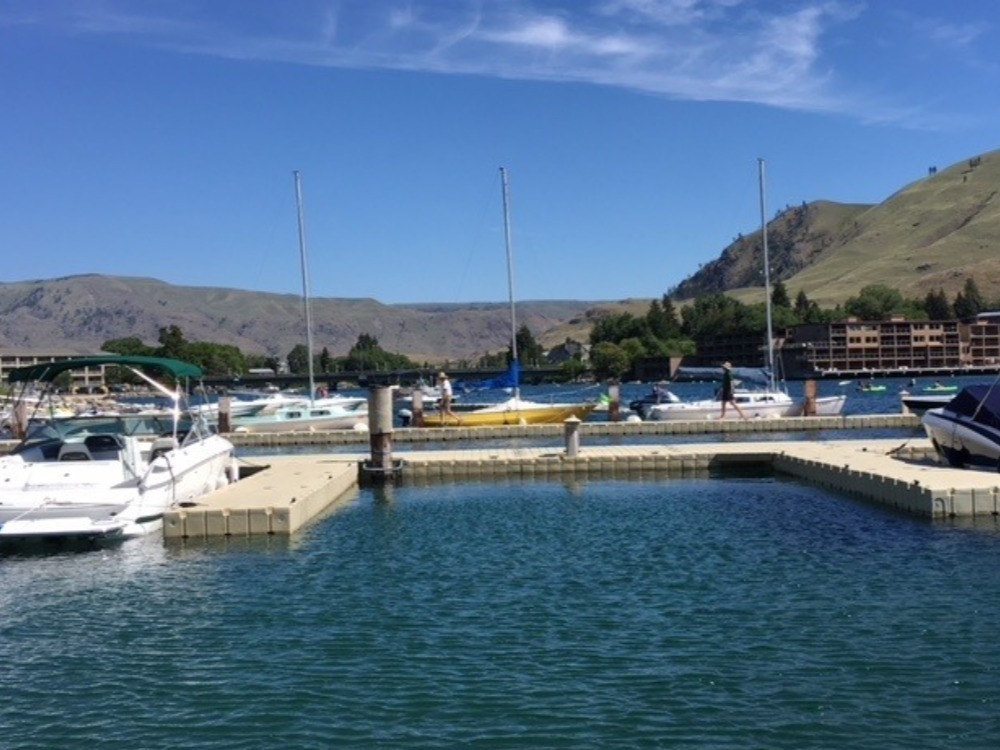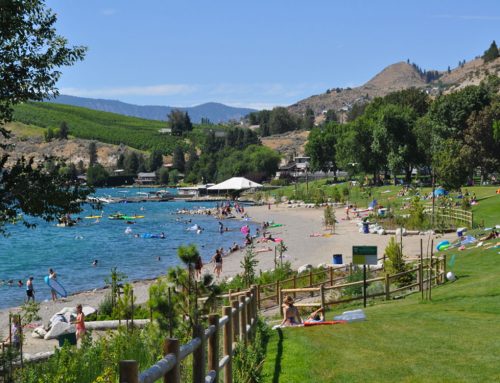Marina and Boating Safety Reminders
Information submitted by Chelan Fire & Rescue #7
Boats can be a great source of summer fun and leisure. But, boaters, swimmers and marina personnel must be aware of dangers in and around the water. Electrical hazards and carbon monoxide (CO) bring unique risks to the boating world. Learn to protect people and pets from these dangers.
Know the Risks!
- Electrical shock drownings can occur when marina electrical systems leak electrical current into the water. Boats can also serve as the source of an electrical leakage. Leakage can cause a shock that can injure, disable, or kill a person.
- Carbon Monoxide is a gas you cannot see, taste, or smell. It is often called the “invisible killer.” CO is created when fuels such as gasoline, diesel, or propane do not burn fully. CO is also produced when wood or charcoal is burned.
- Sources of CO on your boat may include engines, gas generators, and cooking ranges. Space and water heaters can also be sources of CO. CO can collect anywhere in or around a boat. The gas is harmful to both people and to pets.

Electrical Safety:
- Never allow swimming near the boat, marina, or launching ramp. Residual current could flow into the water from the boat or the marina’s wiring. This can put anyone at risk of electrical shock drownings (ESD).
- Be sure your boat is well maintained. Have it inspected each year. Ask a qualified marine electrician to do this job.
- Ground fault circuit interrupters (GFCIs) and equipment leakage circuit interrupters (ELCIs) should be installed and tested monthly. Run tests to find out if electrical current is leaking from the boat.
- Only use cords intended for marine use. Never use household cords near water.
- Know where your main breakers are on both the boat and the shore power source. This will help you respond quickly in an emergency.

Carbon Monoxide Safety:
- Poorly tuned engines produce more CO. Keep your engine properly maintained. Follow manufacturer’s instructions for service.
- Proper ventilation for engine and generator exhaust vents must be clear and pipes should be inspected for leaks.
- Get into fresh air right away and get help if you feel symptoms of CO poisoning. These include headache, fatigue, confusion, dizziness, nausea, or seizures. The symptoms can be similar to seasickness. Assume it is CO exposure until you are sure the boat is safe.
- Do not swim near the boat’s exhaust vents. CO accumulates there.
- Install CO alarms inside your boat. Test CO alarms before each trip.
- Choose a CO alarm that is listed by a qualified testing laboratory.
- If the CO alarm sounds, move to a fresh air location right away.
In an emergency, dial 911.
For general information, call Chelan Fire & Rescue: 509-682-4476 or visit their website.
For additional tips and recommendations, visit the National Fire Prevention Association website.








